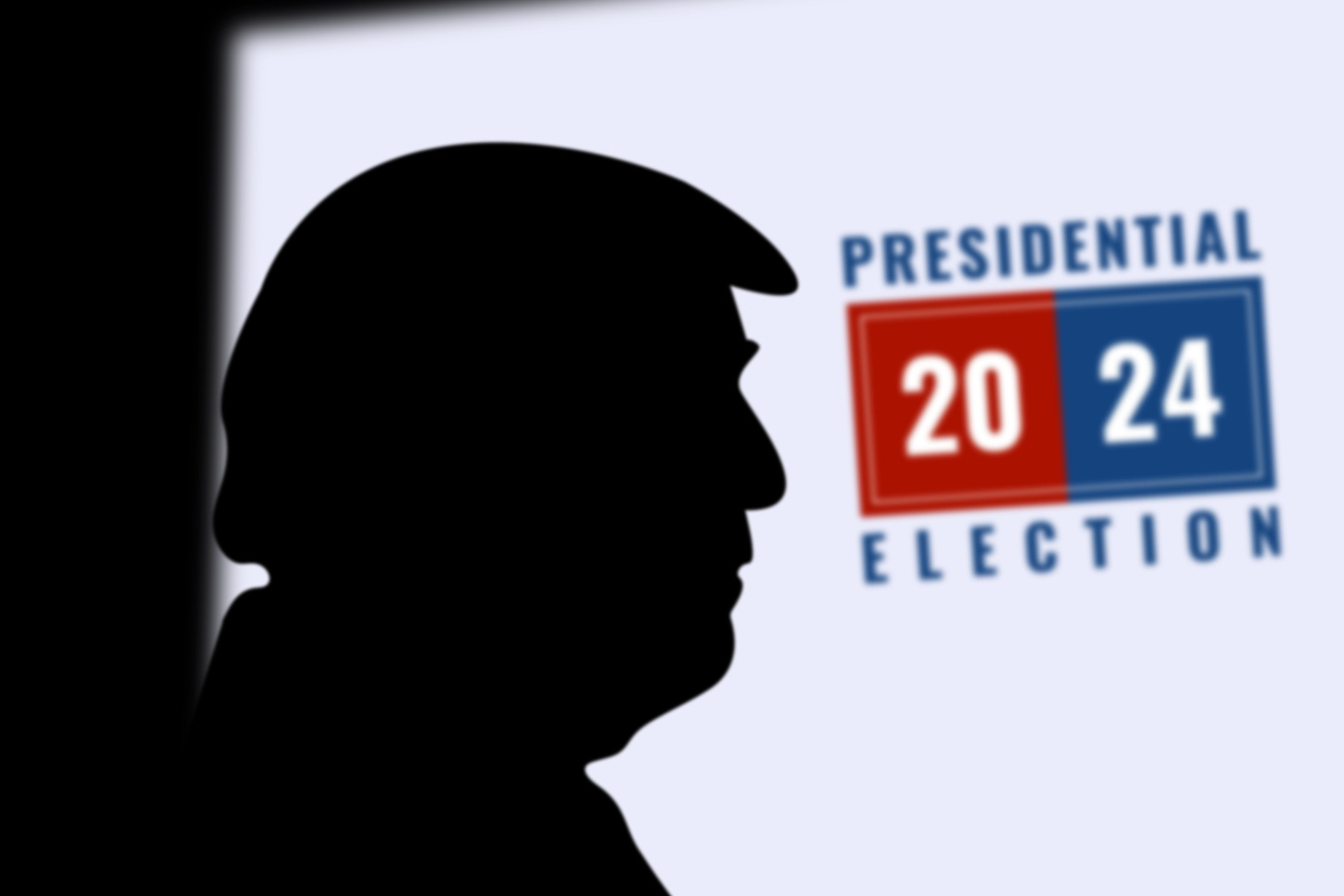2024 Election Edition: Young Men Swing Toward Trump
But Trump’s surprisingly strong performance was due to rising support across the board
Roughly 10 months ago I wrote a piece titled: “Will Young Men Vote For Trump?” in which I speculated whether young voters would undergo a political decoupling in 2024. Now post-election polls confirm that is precisely what happened. Fifty-six percent of young men voted for Trump in the 2024 election according to the Associated Press’ VoteCast poll. Only…
Keep reading with a 7-day free trial
Subscribe to American Storylines to keep reading this post and get 7 days of free access to the full post archives.




